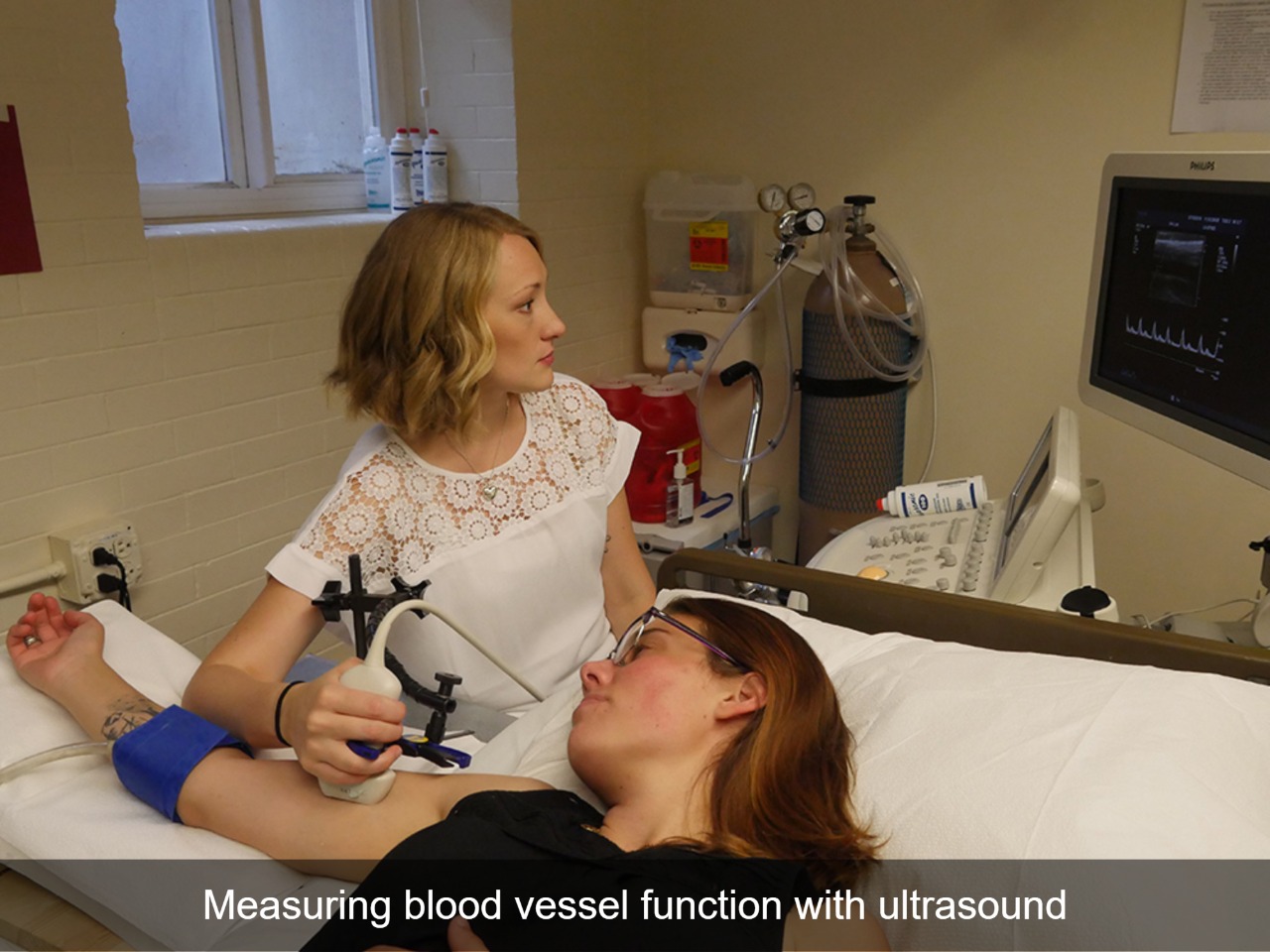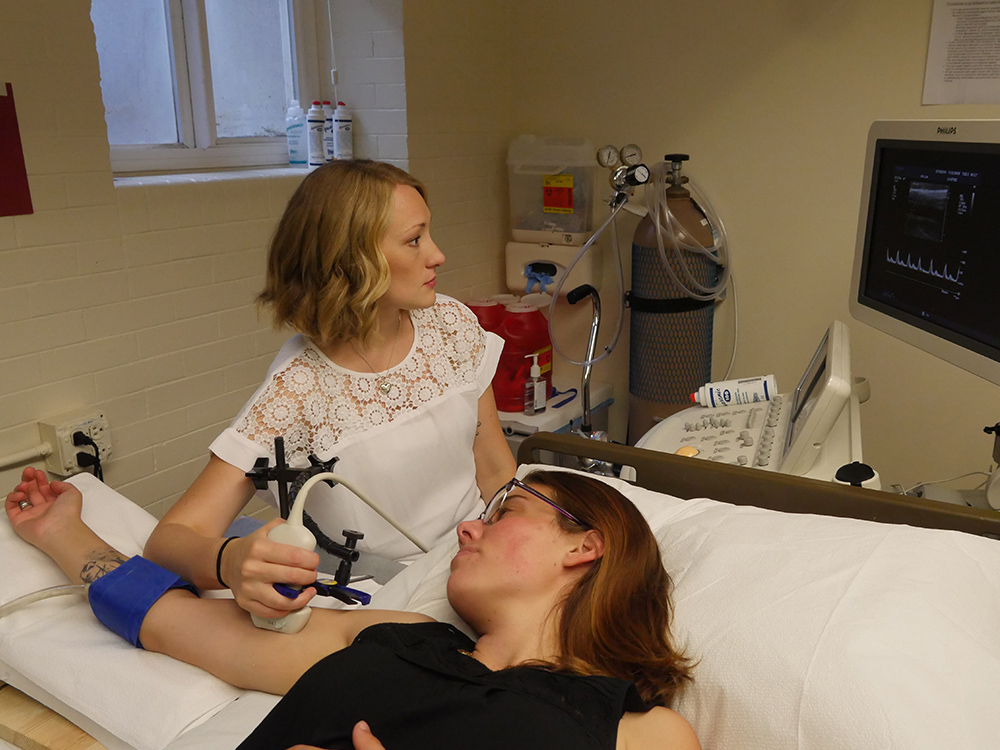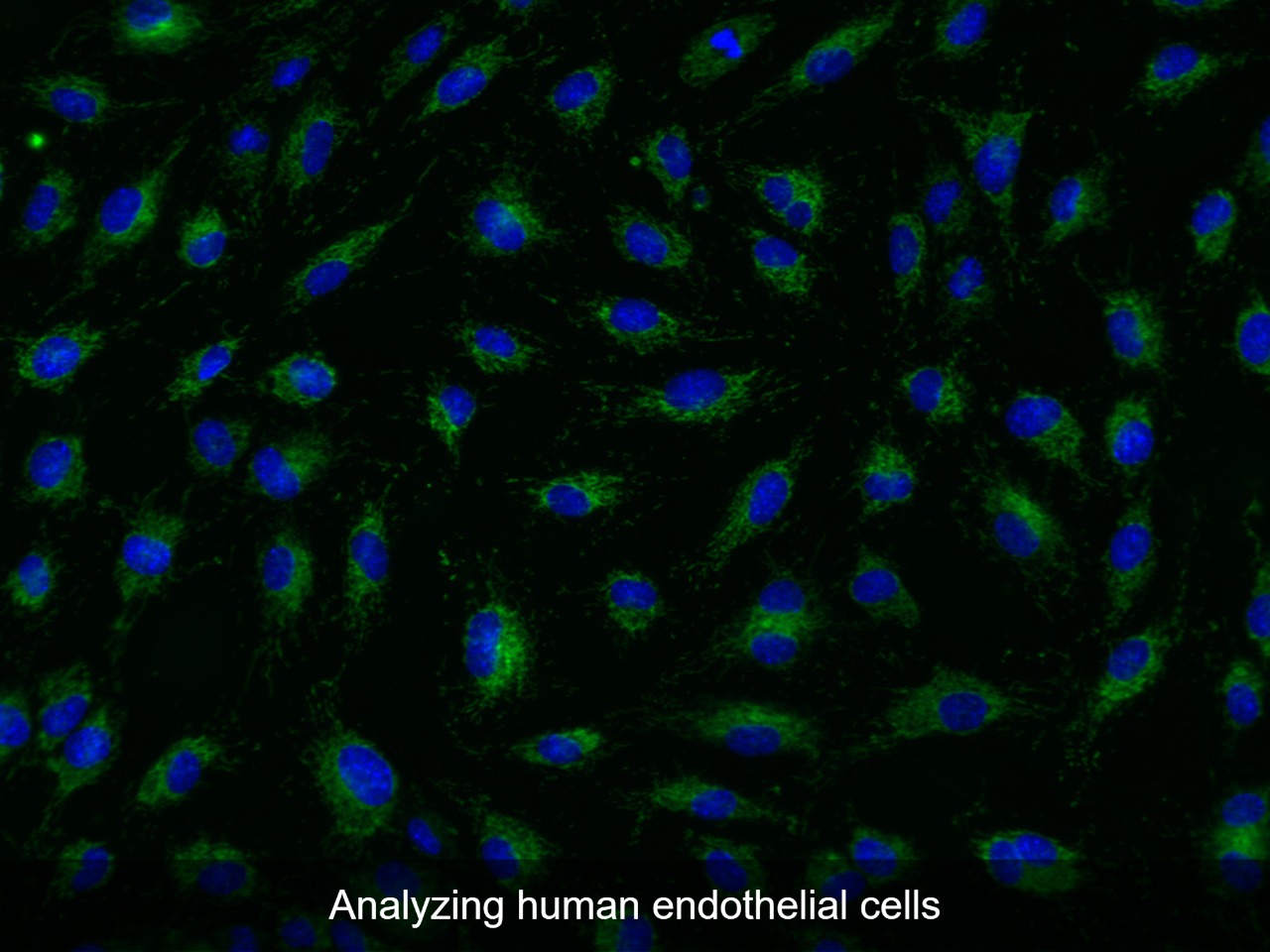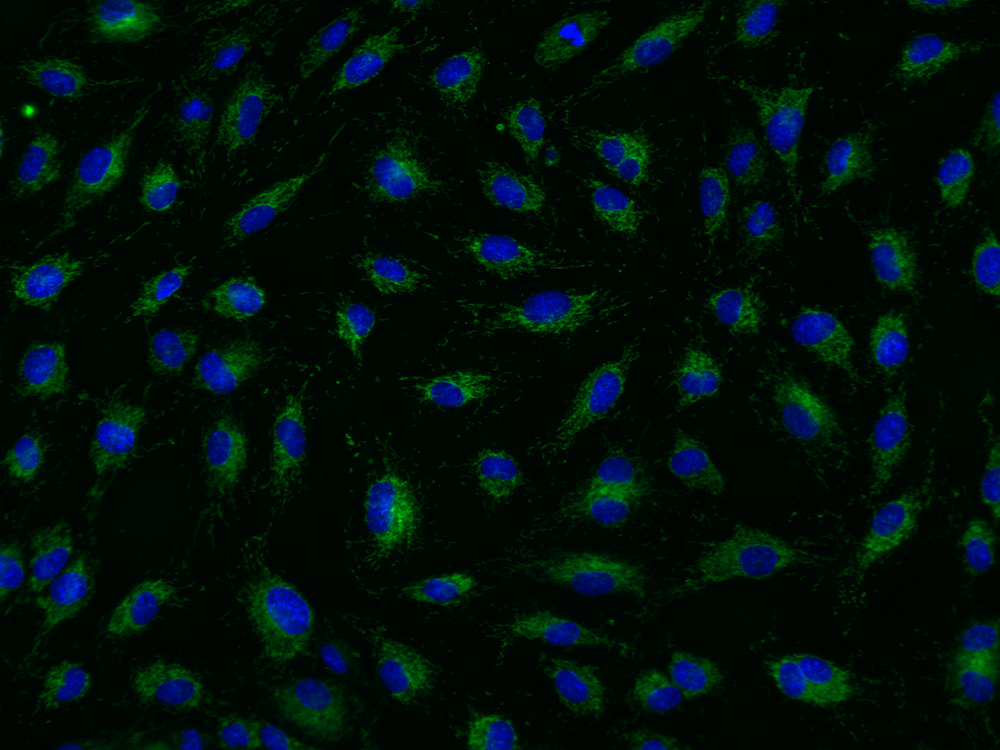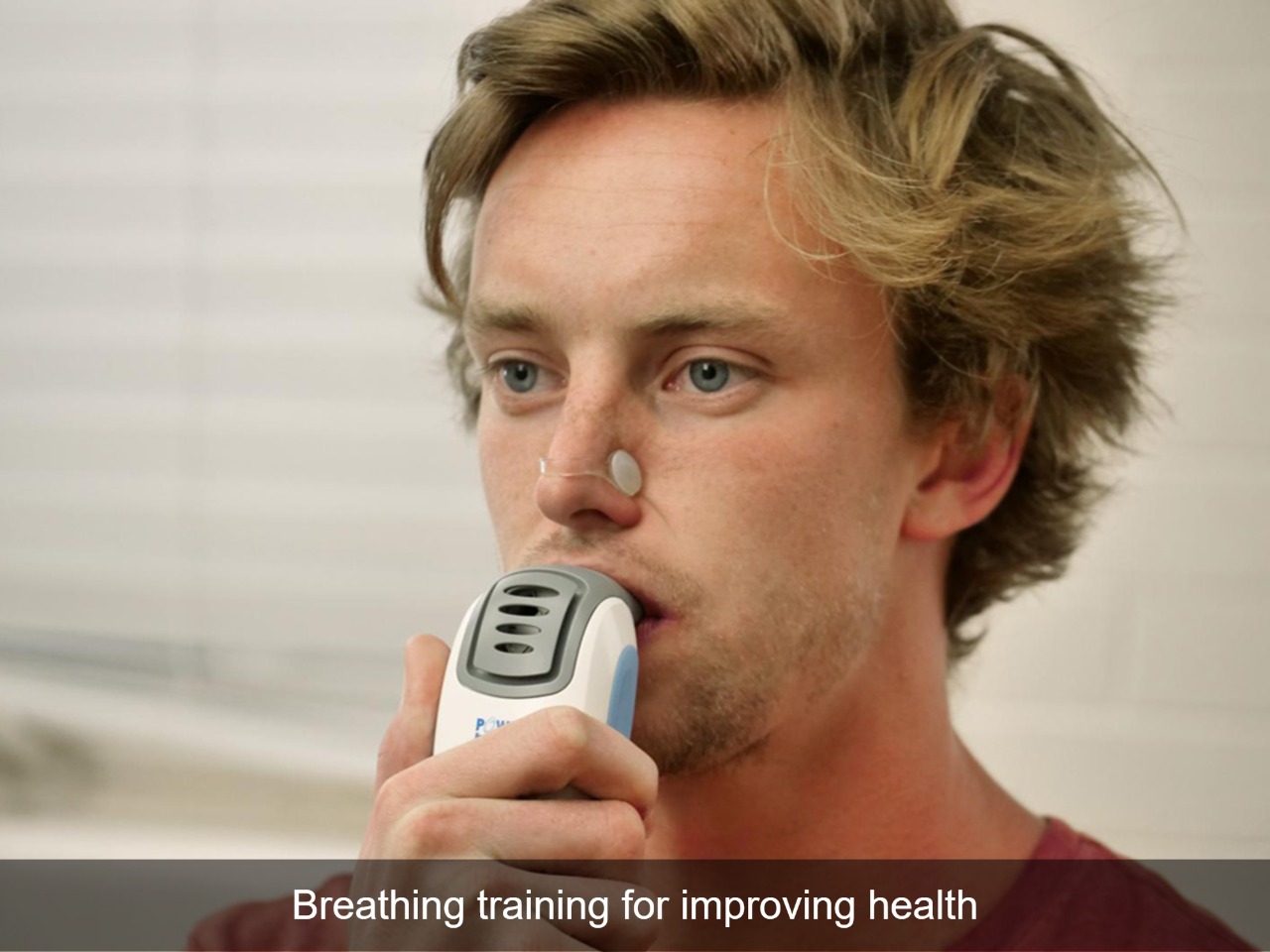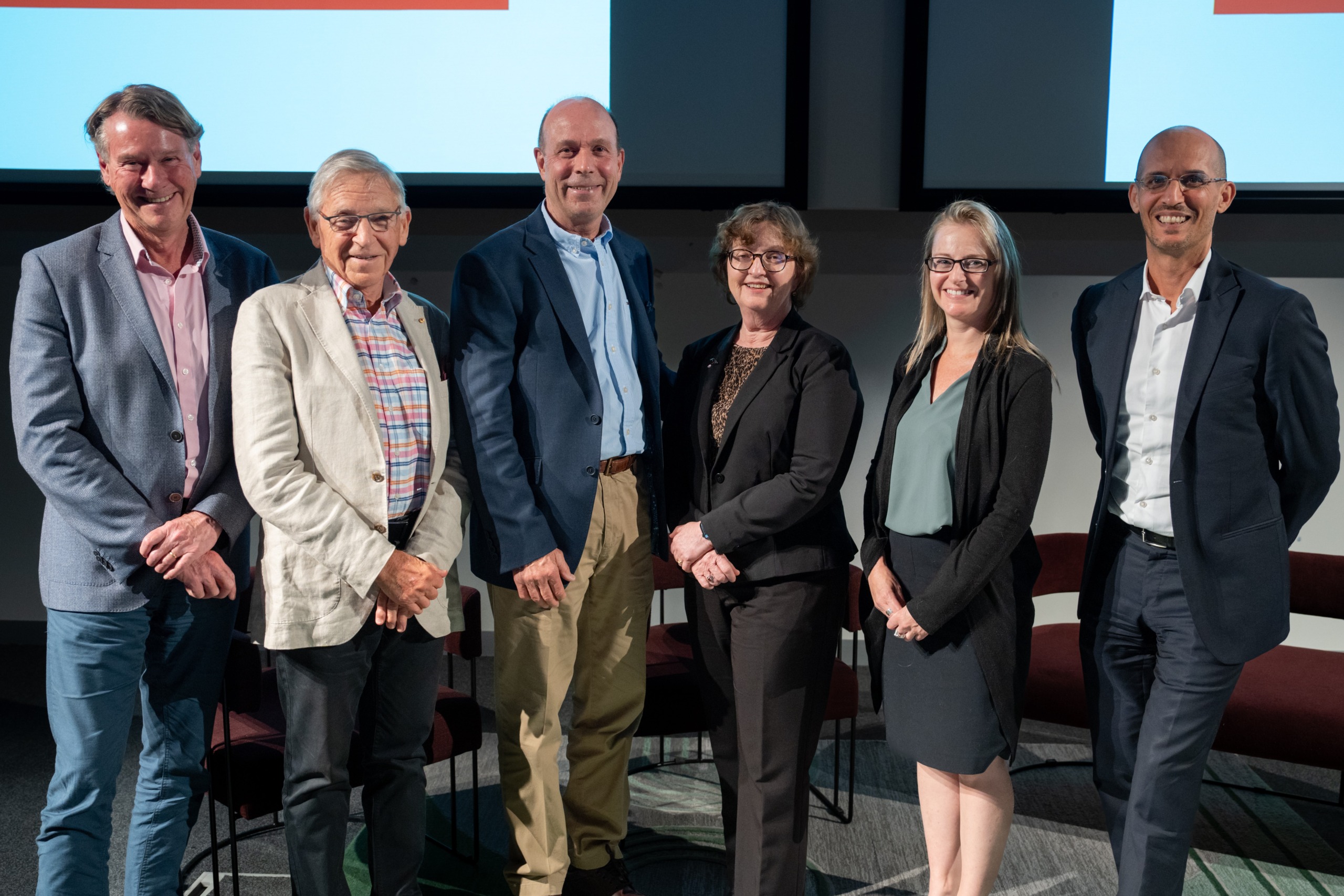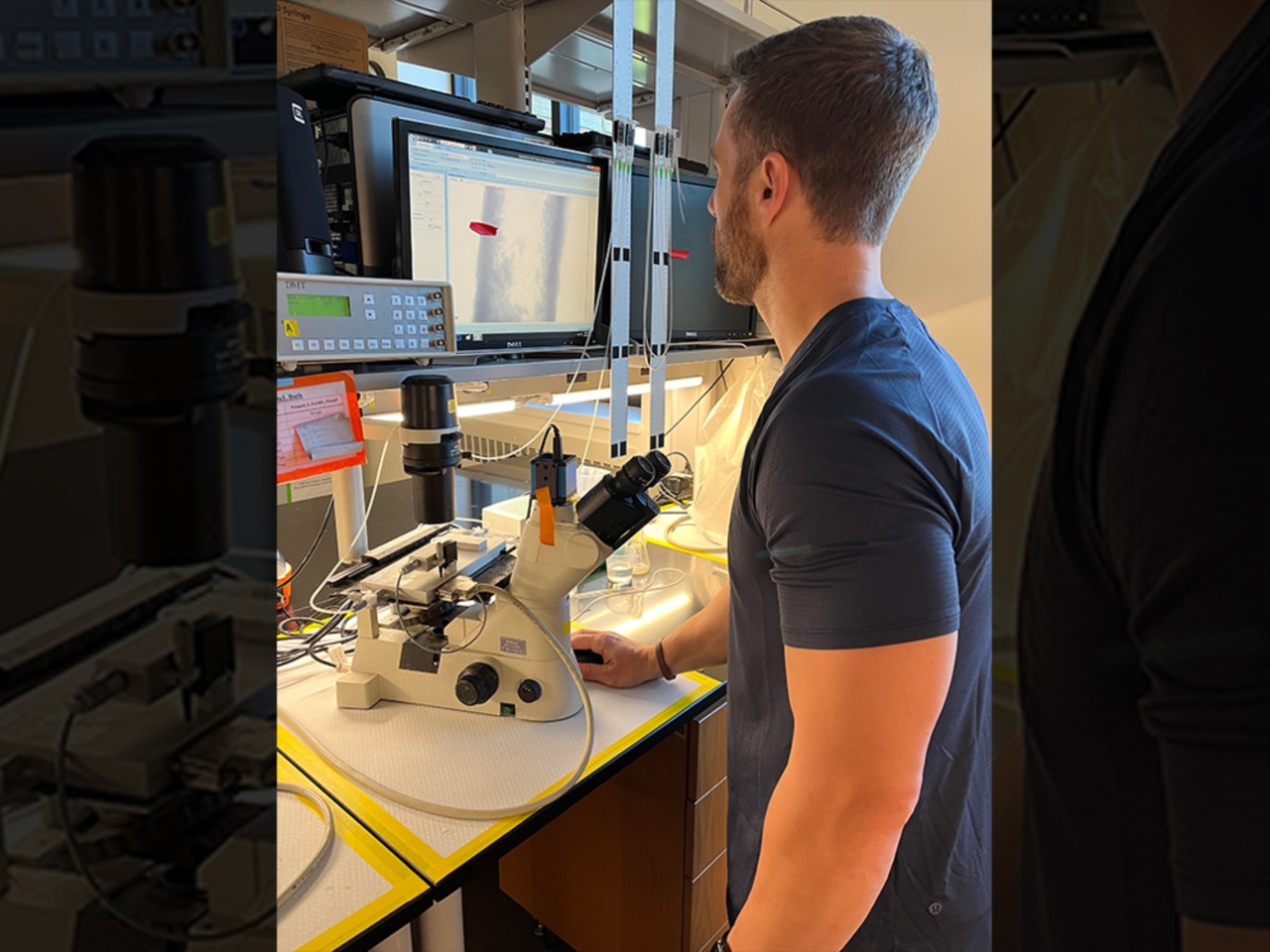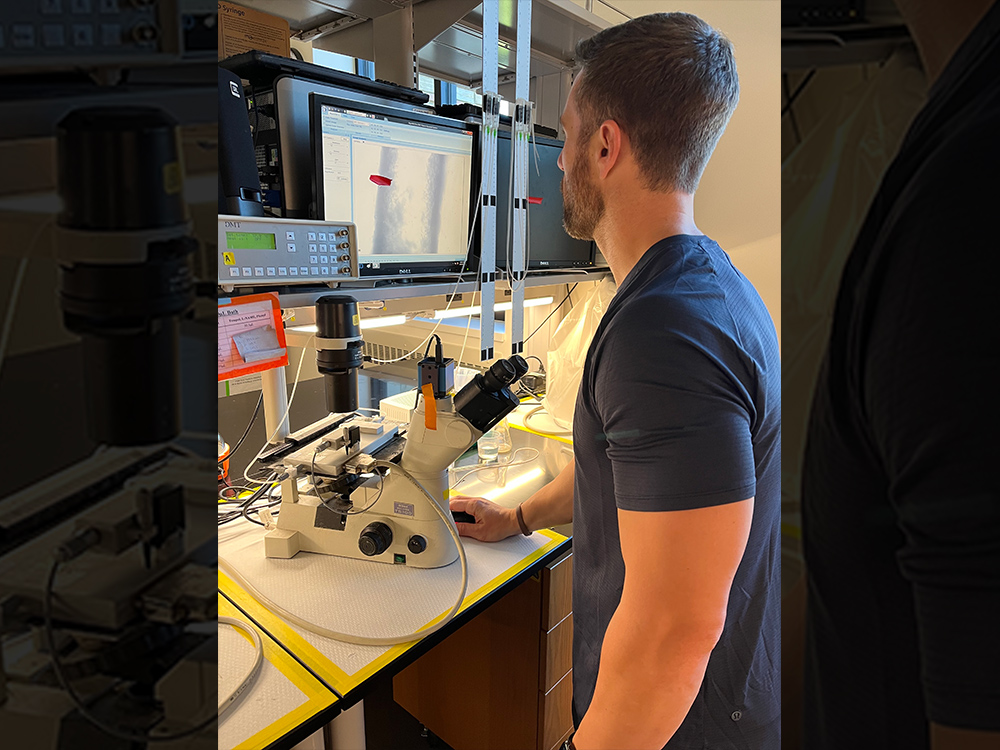Conducting Translational Research to Improve Human Healthspan
Mission Statement
The mission of the Integrative Physiology of Aging Laboratory is to conduct novel original research and to provide high quality research training to the next generation of research scientists.
The research of the Integrative Physiology of Aging Laboratory focuses on:
- Important changes in physiological function with aging, with a particular focus on changes in cardiovascular health involving blood pressure and vascular function;
- Modulation of cardiovascular function by changes in biological factors (e.g., estrogen status) and lifestyle behaviors (e.g., physical activity/inactivity, diet);
- The efficacy of interventions, both lifestyle and pharmacological (including natural compounds), for reversing adverse changes in cardiovascular function with aging;
- The integrative (systemic to molecular) biological mechanisms that mediate changes in cardiovascular health with aging and with effective interventions.
The Integrative Physiology of Aging Laboratory is committed to fostering a respectful and supportive environment for all members of our team and the broader community. We strive to create a space where students, staff, faculty, and research participants—regardless of background, identity, or life experience—feel welcome, valued, and empowered to contribute.
We believe that different perspectives and access to opportunity enrich collaborative research environments and improve scientific outcomes. We aim to develop scientists who conduct research that advances the health and well-being of all adults. Discrimination, harassment, or exclusionary behavior of any kind is not tolerated.
What We’ve Implemented:
- The majority of our lab has completed a training program focused on creating respectful research environments
- Received NIH funding to enhance representation in health-related research
- Mentorship and training opportunities for undergraduate and graduate students from underrepresented groups
- An anonymous post-study participant feedback form focused on experience, safety, and comfort
- Mandatory orientation training for all new lab members on creating a respectful and inclusive environment
- Complimentary Lyft rides for participants without access to safe or reliable transportation
- Monthly lab discussions exploring inclusive research practices
Ongoing Priorities:
- Reviewing and refining our research protocols to reduce barriers to participation
- Continuing to identify and address potential sources of internal or procedural bias
- Refining hiring practices to ensure they promote fairness and opportunity
- Offering preventive health services (e.g., blood pressure screenings) at community events when feasible
- Strengthening partnerships with organizations that serve underrepresented populations
University of Colorado Boulder Land Acknowledgement
The University of Colorado Boulder, Colorado’s flagship university, honors and recognizes the many contributions of Indigenous peoples in our state. CU Boulder acknowledges that it is located on the traditional territories and ancestral homelands of the Cheyenne, Arapaho, Ute and many other Native American nations. Their forced removal from these territories has caused devastating and lasting impacts. While the University of Colorado Boulder can never undo or rectify the devastation wrought on Indigenous peoples, we commit to improving and enhancing engagement with Indigenous peoples and issues locally and globally.
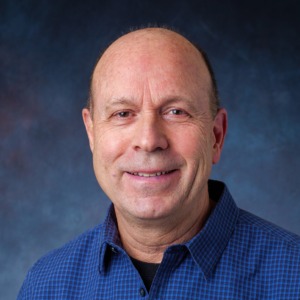
The Integrative Physiology of Aging Laboratory has been led by Dr. Douglas Seals, Distinguished Professor, for more than 35 years. During this period the Laboratory has been continuously funded by the National Institutes of Health for almost $50M in direct costs. Dr. Seals has authored over 300 publications, including many in high impact journals such as PNAS, Nature Communications and Circulation and has won several career achievement awards from the American Physiology Society (Edward F. Adolph Distinguished Lectureship and Environmental and Exercise Physiology Section Honor Award).
